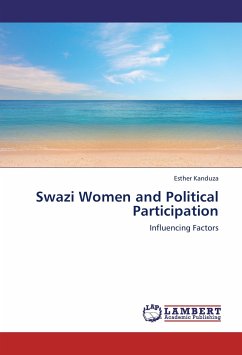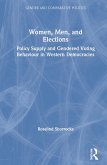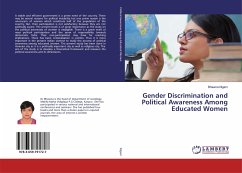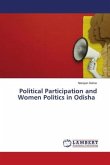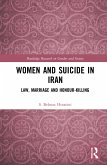The study was carried out to establish factors influencing women's political participation and decision making in Swaziland. Specific objectives included; (1) an investigation of the extent to which women participation in the political process of Swaziland, (2) Identify the factors that influenced the participation or lack of participation in politics and recommend strategies that would be helpful in encouraging women to participate in politics. The study used qualitative methods to collect data using semi structured and open ended instruments and these were administered to key informants from NGOs, government departments, male and female candidates who participated in the 2003 general elections and those who won,focus group discussions, and in depth individual interviews. Results of the study covered five broad themes as follows: voter and civic education, socio-cultural factors, women's human rights, elections and campaigns and women in parliament.
Bitte wählen Sie Ihr Anliegen aus.
Rechnungen
Retourenschein anfordern
Bestellstatus
Storno

